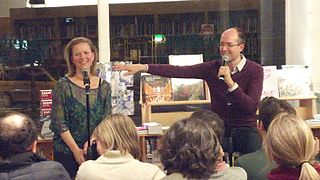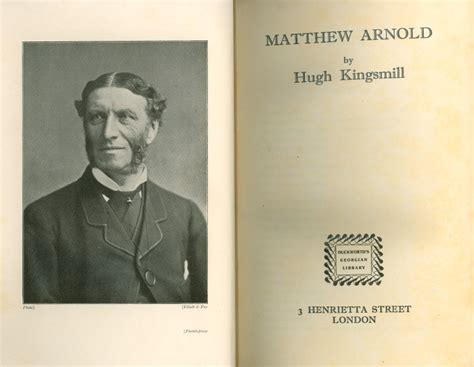A Quote by Alexander Pope
The cabinets of the sick and the closets of the dead have been ransacked to publish private letters and divulge to all mankind the most secret sentiments of friendship.
Related Quotes
Most open letters undoubtedly come from a good place, rising out of genuine outrage or concern or care. There is, admittedly, also a smugness to most open letters: a sense that we, as the writers of such letters, know better than those to whom the letters are addressed. We will impart our opinions to you, with or without your consent.
And what if we’d been utterly open? Made jokes about the first wife? What if we’d been that kind of family? Well, I would have been different, surely. But not because I knew the secret. For it wasn’t the secret—the secret that wasn’t a secret anyway—that led to the austerity in our lives. It was the austerity that led to the secret. And what I had been marked by, probably most of all, was the austerity. It had made secrets in my life too. Or silences, anyway, that became secrets. That became lies.
Reviewers try to square the antics of a writer's life with the antics in the fiction. Even satirical verbal play is too often read and admired as autobiographical expression. And thanks to the democratic exposures of the web, it's easier than ever to document private experiences and divulge the most intimate secrets.







































